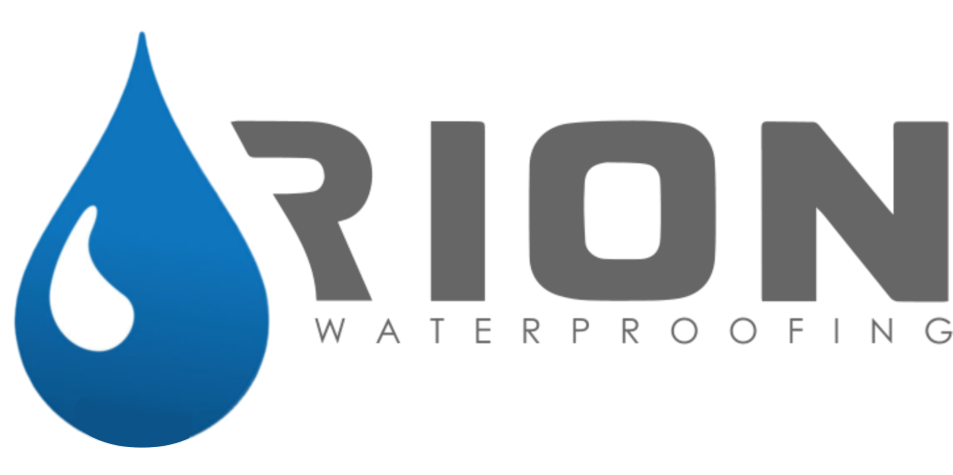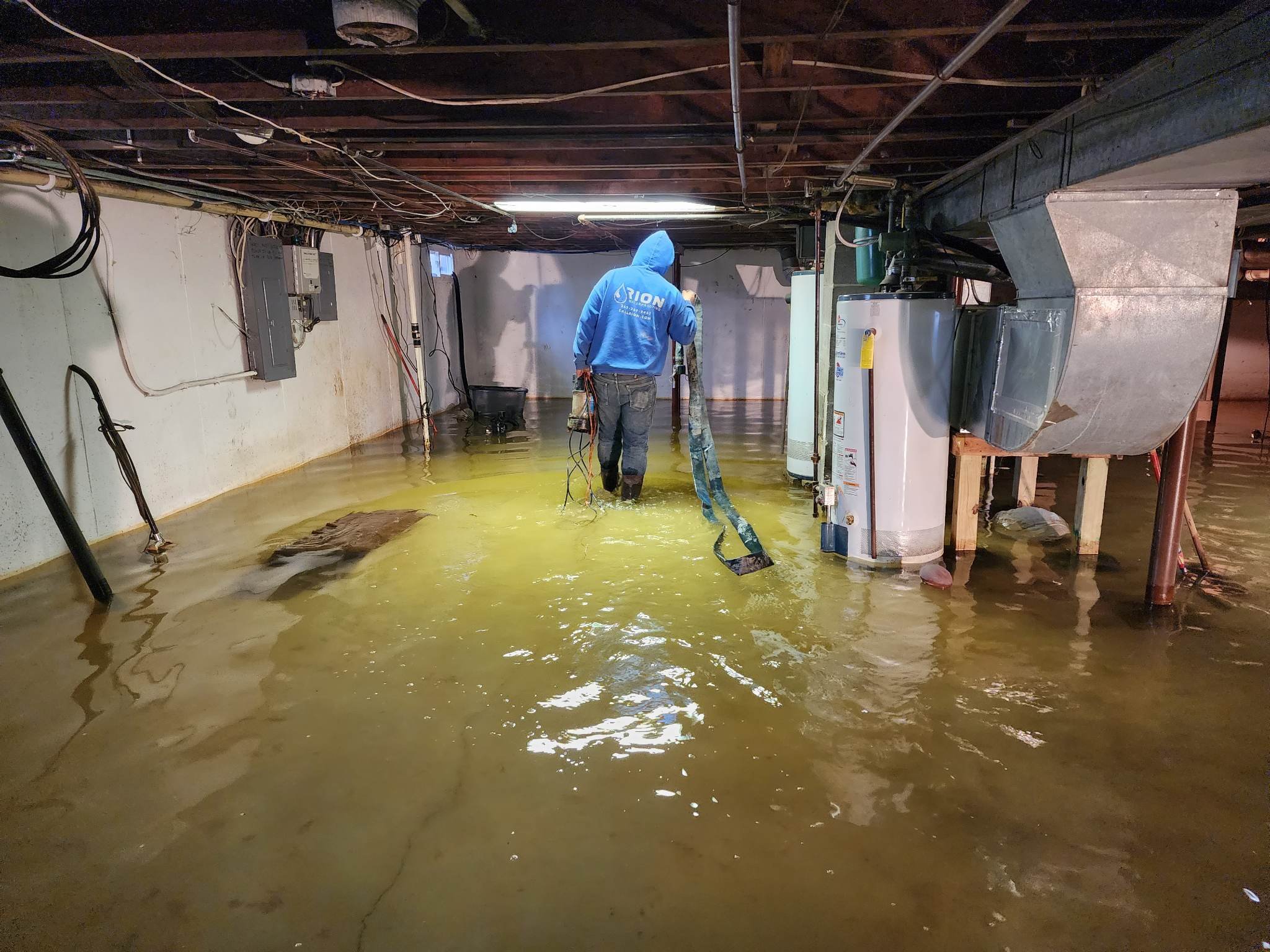Be Prepared for Spring Thaw and Heavy Rain: Basement Waterproofing Tips to Keep Your Home Dry
Spring brings warmer temperatures, blooming flowers, and longer days. However, it also brings melting snow and heavy rain, which can pose a threat to your home's basement. Basement flooding is a common issue during the spring thaw and heavy rain, and it can result in costly damages and headaches. As a trusted basement waterproofing company, we want to help you be prepared and keep your basement dry during this season. Here are some essential tips to consider:
1. Clean Your Gutters and Downspouts: Gutters and downspouts play a crucial role in directing water away from your home's foundation. Make sure they are clean and free of debris, such as leaves and twigs, to ensure smooth water flow. Clogged gutters and downspouts can cause water to overflow and seep into your basement, leading to water damage and potential flooding.
2. Inspect Your Foundation: Inspect your foundation for any cracks or gaps that may have developed during the winter. Even small cracks can allow water to seep into your basement. If you notice any cracks or gaps, consult with us at RION Waterproofing for proper repairs.
3. Install a Sump Pump: A sump pump is a reliable device that helps prevent basement flooding by pumping out excess water that accumulates around your home's foundation. Consider installing a sump pump in your basement to keep it dry during heavy rain or spring thaw. Regular maintenance of your sump pump, including checking the pump's functionality and ensuring the discharge pipe is clear of debris, is also essential to ensure it operates effectively. We can help you with this too!
4. Grade Your Yard Away from Your Home: The slope or grade of your yard should be away from your home's foundation to prevent water from flowing towards your basement. If the ground around your home slopes towards your foundation, water can easily accumulate and seep into your basement. Consider re-grading your yard or adding additional soil to create a slope away from your home, or chat with us about our exterior waterproofing services.
5. Consider Exterior Waterproofing: Exterior waterproofing is a proactive measure that involves applying a waterproofing membrane to the exterior walls of your basement. This creates a barrier that prevents water from seeping into your basement, protecting it from potential flooding. Consulting with us at RION Waterproofing, and we can help you determine if exterior waterproofing is necessary for your home.
6. Keep Basement Windows Well-Sealed: Basement windows are vulnerable areas for water intrusion. Make sure your basement windows are well-sealed with weatherstripping or caulk to prevent water from seeping through the gaps. Additionally, consider installing window wells with covers to further protect your basement windows from water and debris.
7. Be Mindful of Indoor Humidity: During the spring thaw and heavy rain, indoor humidity levels can rise, which can lead to condensation and dampness in your basement. Use a dehumidifier to regulate indoor humidity levels and prevent excess moisture in your basement. Proper ventilation, such as using exhaust fans, can also help to reduce humidity in your basement.
In conclusion, being prepared for the spring thaw and heavy rain is crucial to keep your basement dry and protect your home from potential flooding. Regular maintenance of gutters, downspouts, and sump pumps, along with sealing cracks and gaps in your foundation, grading your yard away from your home, considering exterior waterproofing, sealing basement windows, and regulating indoor humidity can go a long way in preventing basement flooding. If you need professional assistance with basement waterproofing, do not hesitate to contact our experienced team. Remember, prevention is key to a dry and healthy basement. Happy spring!

